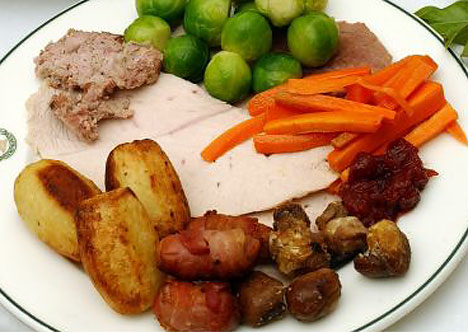If this is a fair representation of the church as an institution the question becomes what social gains are being conserved made in the past?
To put it another way, if the UMC ended tomorrow, what social gains would be lost?
I am not a huge scholar in this area but here are just a few I thought of:
The UMC conserves gains and deficits in ecumenical work (see the denominational unification)
The UMC conserves gains made in workers rights (see the UMC's involvement in the Fair Labor Standards Act and the National Labor Relations Act)
The UMC conserves gains made in women's rights (see John Wesley ordaining women back in 1760's)
The UMC conserves gains made in eradicating global disease (see efforts in eradicating malaria)
Not a bad list really for thirty seconds of thought.
 |
| Glide Memorial UMC - An institution conserving new gains |
The UMC should be very proud of this, but the fact of the matter is the UMC was once one of the few institutions to conserve gains, but now we are one of many institutions conserving the same gains.
Take for instance women's rights. Where the UMC was once one of the only institutions to advocate and protect women, now there are hundreds of institutions conserving the gains made by and for women.
Perhaps the way forward for the UMC is to let go of working to conserve some gains because we no longer have the major responsibility to conserve these gains.
What does it look like for the UMC to seek out new gains to preserve?
What would it look like for this institution (and lets not kid ourselves, no matter how much "movement" rhetoric is out there we are and will be an institution for a while still), moved toward the frontier of social gains?
Can we conserve social gains made by the "green" movement? The LGBT movement? The "99%" movement? The "Tea Party" movement?


